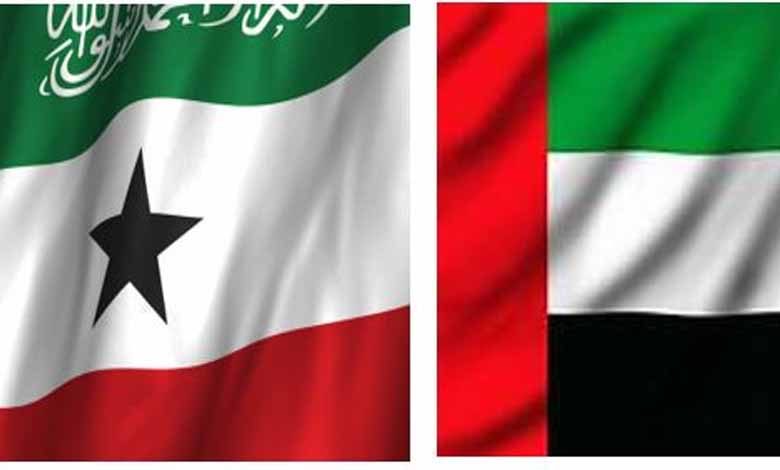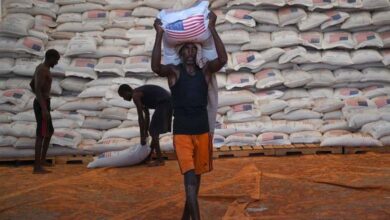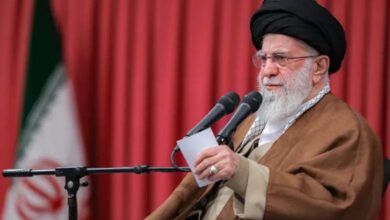Because of terrorists… UAE bans Somaliland passports

“Somaliland or Somaliland, separated from Somalia in 1991, has reached appalling levels of violence in its 10-year conflict with Mogadishu, such as the bombing of Hargeisa in May 1988.” When Somalia sank into chaos, Somaliland’s leaders separated their region in the north and continued to impose their autonomy in open defiance of Mogadishu.
“Somaliland’s leaders adopted new approaches to regional and international allies last year, yet President Muse Bihi Abdi’s new strategy is designed to build new relations while cutting off other ties as well, which brings us to the conclusion of brinkmanship diplomacy.”
“The last round of talks between Mogadishu and Hargeisa took place last summer in Djibouti, but quickly failed.” Somaliland’s foreign policy has contributed indirectly to this outcome, and now, with the Somali constitutional crisis, agreement between the two parties is unlikely.
Another divide has recently emerged, the constitutional crisis in Somalia; The impasse turned into a crisis on 8 February, when the terms of the Somali parliament and President Mohamed Abdullahi Farmajo expired, without agreement on the upcoming elections between the federal government and member states.
The isolation and preoccupation of the Government of Mogadishu is on the side of Somaliland, but the brinkmanship strategy pursued by Somaliland threatens to further destabilize an already volatile region, which is witnessing ongoing conflicts, bombings and terrorist attacks carried out by armed groups, most notably the terrorist Al-Shabaab movement, the Al-Shabab Al-Mujahideen movement, the Al-Shabab Al-Jihad Movement, or the Islamic Youth, a militant political Islam movement active in Somalia, ideologically affiliated to the Al-Qaeda organization led by Ayman al-Zawahiri, and accused by several parties of terrorism, including the United States of America, Norway and Sweden.
The foreign policy of the leaders of Somaliland, and their closeness to the terrorist movement, has prompted several countries to take precautionary measures, including the United Arab Emirates. An informed source, who preferred to remain anonymous, said that the Emirates will stop the Somali-Land passport and put it on the list of red passports, that is, the prohibited passports, fearing that terrorist elements of Al-Shabab will exploit Somaliland passports to enter the Emirates.












